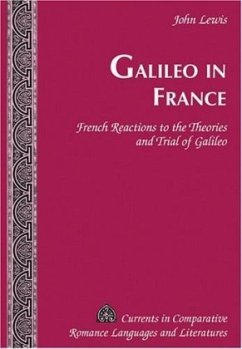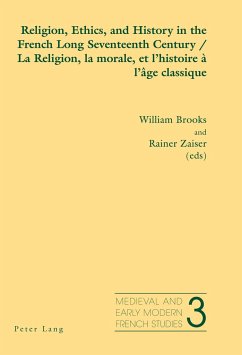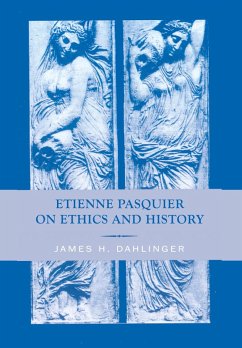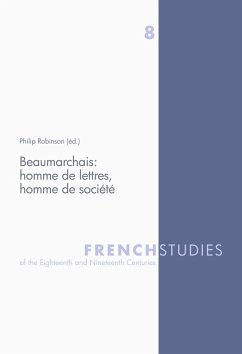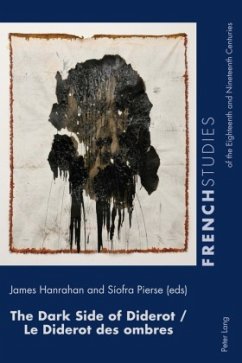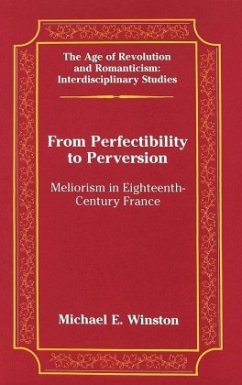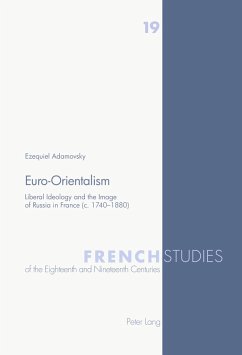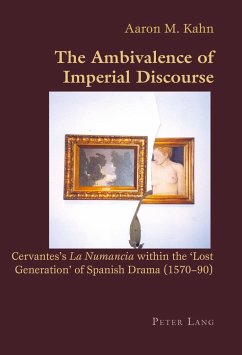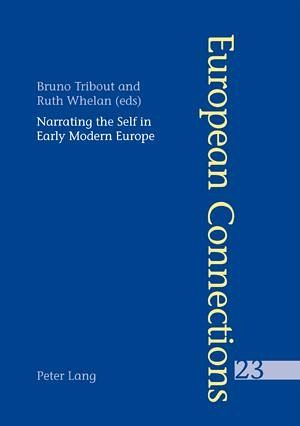
Narrating the Self in Early Modern Europe- L'écriture de soi dans l'Europe moderne
Versandkostenfrei!
Versandfertig in 6-10 Tagen
92,95 €
inkl. MwSt.

PAYBACK Punkte
0 °P sammeln!
What does it mean to narrate the self? Is there a 'self' to be narrated? What form should such narratives or writings take? The authors of the sixteen essays collected in this volume use a variety of approaches to study a broad range of what are now called 'ego-documents' from the Renaissance to the beginning of the nineteenth century. From them it emerges that 'the self' is not an acknowledged fact, but rather a historical process, which is neither linear nor stable.Que peut bien signifier l'écriture de soi à l'époque moderne ? Y a-t-il même un " moi " à décrire et raconter ? Quelles fo...
What does it mean to narrate the self? Is there a 'self' to be narrated? What form should such narratives or writings take? The authors of the sixteen essays collected in this volume use a variety of approaches to study a broad range of what are now called 'ego-documents' from the Renaissance to the beginning of the nineteenth century. From them it emerges that 'the self' is not an acknowledged fact, but rather a historical process, which is neither linear nor stable.
Que peut bien signifier l'écriture de soi à l'époque moderne ? Y a-t-il même un " moi " à décrire et raconter ? Quelles formes peuvent prendre de tels récits ? Les seize contributions rassemblées dans ce volume cherchent à répondre à ces questions en interrogeant, suivant diverses approches, une grande variété de textes de la Renaissance à la Révolution, relevant de ce que l'historiographie tend à nommer des " ego-documents ". A travers l'étude de ces textes, il apparaît que le " moi ", loin d'être un donné universel, est le fruit d'un processus historique qui n'est ni linéaire ni stable.
Que peut bien signifier l'écriture de soi à l'époque moderne ? Y a-t-il même un " moi " à décrire et raconter ? Quelles formes peuvent prendre de tels récits ? Les seize contributions rassemblées dans ce volume cherchent à répondre à ces questions en interrogeant, suivant diverses approches, une grande variété de textes de la Renaissance à la Révolution, relevant de ce que l'historiographie tend à nommer des " ego-documents ". A travers l'étude de ces textes, il apparaît que le " moi ", loin d'être un donné universel, est le fruit d'un processus historique qui n'est ni linéaire ni stable.





